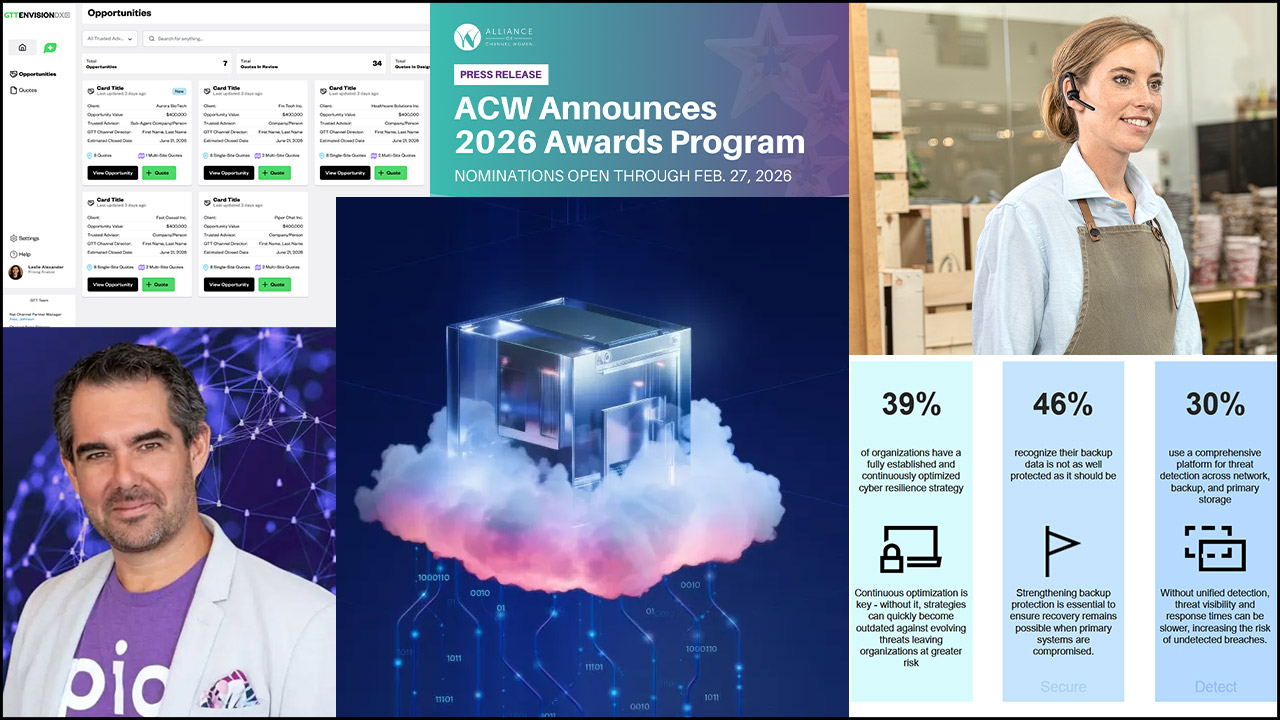Artificial intelligence is radically reshaping business by boosting efficiency, cutting costs, and introducing new — and often better — ways to work. Now, AI’s role is extending into the remote monitoring and management (RMM) space. Together, AI and RMM are beginning to make a noticeable difference.
RMM delivers real-time visibility and greater intelligence within IT management. It can automate routine tasks as diverse as software updates, security scans, proactive maintenance, and network administration. What’s more, it can deliver customized and personalized recommendations.
The result? MSPs and their teams can engage in more strategic and productive work.
“AI presents a massive opportunity for remote monitoring and management as well as cloud management,” said Will Ominsky, vice president of MSP sales at Nerdio. This includes aggregating and consolidating data that helps a company run a business more efficiently — and strategically.
Eye on Efficiency
Most IT service providers already understand the power of RMM. Not only are today’s systems more complex and interconnected, but employees, customers, and others use myriad devices to connect from home or remote locations. As a result, IT management and security have become increasingly complicated, expensive, and time-consuming.
Today, upwards of 61% of MSPs use RMM solutions in one form or another, according to Kaseya. Automation scripts and other improvements have radically transformed the technology over the last several years. These tools have significantly improved diagnostics and resolution while helping MSPs trim costs.
Precision and Productivity Through AI and RMM
AI is now pushing RMM beyond conventional boundaries. For instance, customers at IT software firm ConnectWise have created more than 30,000 scrips in the last couple of years, according to Jason Short, vice president of product management at ConnectWise.
AI automation allows these firms to research and write new scripts and monitors in 30 minutes on average. Users enter information at a prompt and obtain a self-documenting script. For example, AI-generated monitors ensure that partners are easily able to create unique detection rules in plain text. This allows them to better identify problems before the client sees the issues.

Jason Short
Among the benefits is a more consistent RMM framework that reduces variations and inconsistencies resulting from people who have varying levels of knowledge and experience writing scripts.
“It reinforces best practices for script structure and documentation. It ensures more predictable and consistent outcomes for clients,” Short said.
Blasting Through Barriers
Integrating AI and RMM isn’t a plug-in proposition. It requires a deeper understanding of processes, practices, and skills. As Short explained, “There are several barriers to MSPs utilizing AI deeper within their RMM frameworks.”
One critical issue is flexibility. An RMM tool should integrate with various AI engines and intelligently select the right one for the task.
Another issue is user expectations. It’s vital to understand what AI can and cannot do.
“Asking AI to generate a script is not enough,” Short pointed out. “A vendor must have a robust prompt engineering framework in place so that MSP teams don’t have to constantly reverse engineer scripts.”

Will Ominsky
Turn AI into Business Value
Ultimately, AI-powered RMM tools must align with key business objectives. These include how well the tools integrate with existing infrastructure, cost per transaction versus overall ROI, how the vendor maintains and advances the platform, and critical security features that can include data leakage and other problems, according to Short.
It also requires thinking differently about the use of AI with RMMs. “MSPs need to focus on solving specific business problems rather than getting caught up in the latest technology trends,” Ominsky said. Because AI doesn’t fit into traditional sales and margin models, MSPs may overlook its value.
“The real opportunity for monetization lies in how AI can streamline operations and lower costs internally,’’ Ominsky continued. “It can reduce labor requirements, minimize errors, and provide better data insights.”
To be sure, the gains can be both tactical and strategic. AI-powered RMM can help differentiate an MSP from the competition and build a foundation for stronger and more sustainable client relationships.
“AI is fundamentally changing the way MSPs operate, allowing them to respond more quickly and accurately to customer requests,’’ said Ominsky. “Instead of relying on technicians to manually push out updates or resolve tickets, AI can handle these tasks autonomously, lowering costs and increasing service quality. This shift enables MSPs to focus on higher-value tasks and improve customer satisfaction.”
Featured image: iStock













